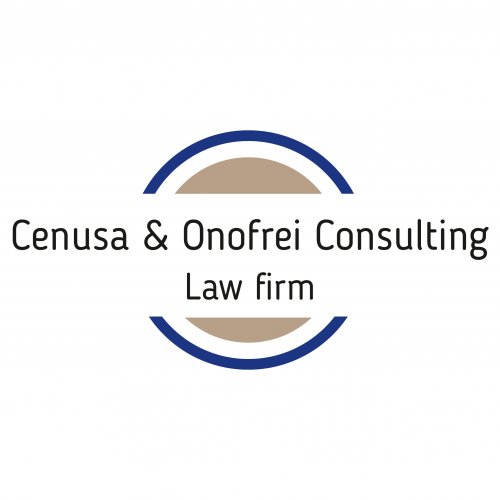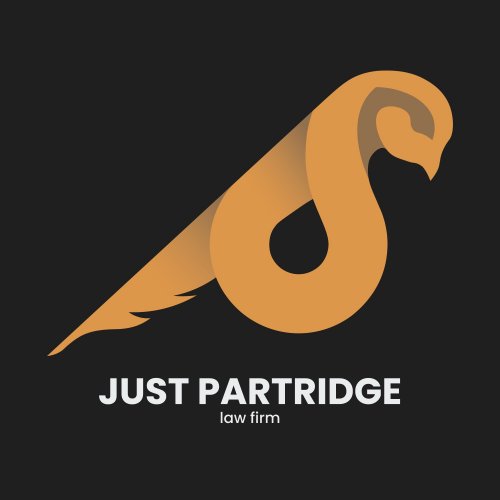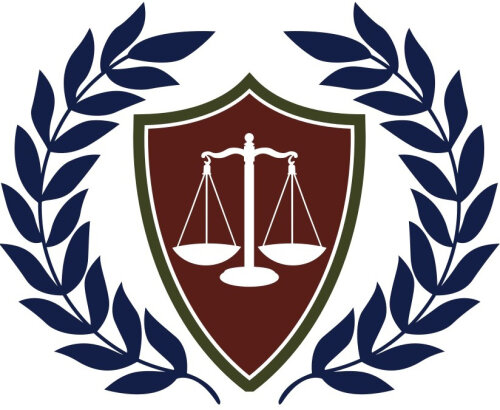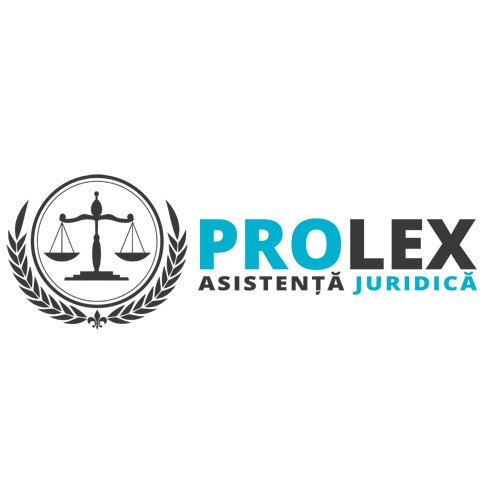Best Tax Increment Financing Lawyers in Chisinau
Share your needs with us, get contacted by law firms.
Free. Takes 2 min.
List of the best lawyers in Chisinau, Republic of Moldova
About Tax Increment Financing Law in Chisinau, Republic of Moldova
Tax Increment Financing (TIF) is a financial tool used by municipalities to encourage development in specific areas by borrowing against the projected increase in future tax revenues. In Chisinau, Republic of Moldova, TIF is employed to stimulate economic growth, address urban decay, and improve infrastructure in underdeveloped districts. The basic principle involves using the anticipated rise in property tax revenues resulting from increased property values to finance the initial development costs.
Why You May Need a Lawyer
Engaging a lawyer for Tax Increment Financing is often crucial for navigating the complexities of local legislation, ensuring compliance, and optimizing the financial benefits. Common situations where legal assistance might be needed include:
- Negotiating TIF agreements with the municipality.
- Ensuring compliance with local, regional, and national laws.
- Analyzing the financial implications of TIF agreements.
- Addressing disputes between stakeholders.
- Facilitating community engagement and approval processes.
- Modifying existing TIF arrangements.
Local Laws Overview
The legal framework for Tax Increment Financing in Chisinau is determined by both national and local legislation. Key aspects include:
- Regulations setting out the criteria for establishing TIF districts, including the requirement for an area to demonstrate potential for increased economic activity and public benefit.
- The municipality must create a development plan outlining the proposed improvements and their anticipated impact.
- Specific rules governing the issuance of bonds or other financial instruments to fund public projects within TIF districts.
- Procedures for public consultation and approval of TIF agreements, ensuring transparency and community involvement.
- Reporting and accountability standards to ensure proper use of increment funds.
Frequently Asked Questions
What is a TIF district?
A TIF district is a designated area within a municipality where new investments and improvements are encouraged through the use of future tax revenue increments to finance initial development costs.
How is the increment in taxes calculated?
The increment is calculated based on the increase in tax revenues generated from higher property values due to redevelopment in the TIF district.
Who benefits from TIF?
Benefits of TIF include the municipality, local businesses, and developers. Improvements can lead to enhanced economic activity, better infrastructure, and job creation.
Can TIF funds be used for any project?
No, TIF funds must be used for projects that are outlined in the approved development plan and that contribute to the public good.
What are the risks associated with TIF?
Risks may involve insufficient tax increment revenues to repay bonds, potential for increased property taxes elsewhere, and the possibility of inefficient allocation of funds.
How long does a TIF district last?
The duration of a TIF district can vary but generally lasts until the development obligations are met or a maximum of 25 years, whichever comes first.
Can TIF affect existing residents?
Yes, TIF can affect existing residents, often positively through improved services and infrastructure, but also potentially through issues like increased property taxes and displacement.
Is community input required for TIF projects?
Yes, community input is typically required, with public consultations being a critical component of the approval process.
How can one oppose a TIF proposal?
Opposition can be voiced during public hearings or through legal channels if the proposal does not adhere to established legal or procedural standards.
Are there alternatives to TIF for stimulating development?
Alternatives may include grants, tax abatements, or direct public investment in infrastructure and services.
Additional Resources
For further assistance on Tax Increment Financing, you might consider contacting:
- The Municipality of Chisinau's Economic Development Office
- The Ministry of Finance of the Republic of Moldova
- Local chambers of commerce
- Economic development NGOs operating in Chisinau
- Consulting firms specializing in public finance and urban development
Next Steps
If you require legal assistance in the field of Tax Increment Financing, consider the following steps:
- Consult with a lawyer specializing in public finance or urban development law.
- Consider attending workshops or seminars on TIF offered by local economic development organizations.
- Review publicly available municipal documentation related to ongoing or proposed TIF projects.
- Participate in community meetings to gain insights and voice any concerns you may have.
Lawzana helps you find the best lawyers and law firms in Chisinau through a curated and pre-screened list of qualified legal professionals. Our platform offers rankings and detailed profiles of attorneys and law firms, allowing you to compare based on practice areas, including Tax Increment Financing, experience, and client feedback.
Each profile includes a description of the firm's areas of practice, client reviews, team members and partners, year of establishment, spoken languages, office locations, contact information, social media presence, and any published articles or resources. Most firms on our platform speak English and are experienced in both local and international legal matters.
Get a quote from top-rated law firms in Chisinau, Republic of Moldova — quickly, securely, and without unnecessary hassle.
Disclaimer:
The information provided on this page is for general informational purposes only and does not constitute legal advice. While we strive to ensure the accuracy and relevance of the content, legal information may change over time, and interpretations of the law can vary. You should always consult with a qualified legal professional for advice specific to your situation.
We disclaim all liability for actions taken or not taken based on the content of this page. If you believe any information is incorrect or outdated, please contact us, and we will review and update it where appropriate.

















